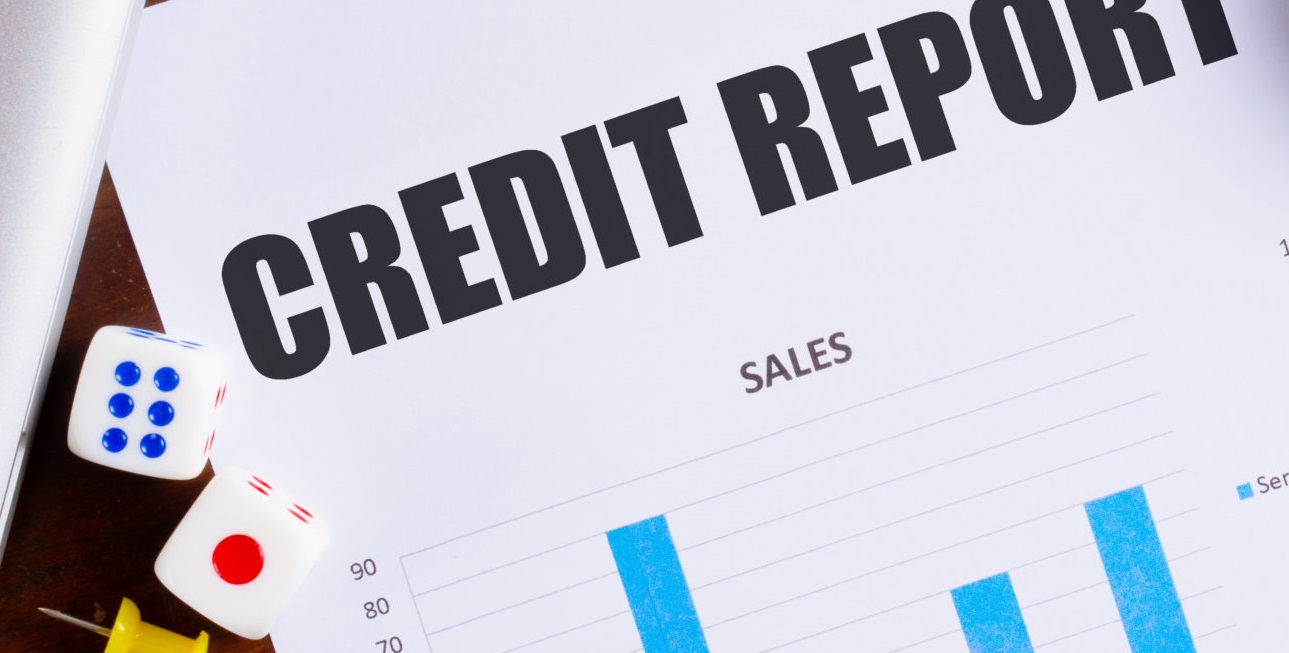Conducting background checks on new and existing employees by employers has become a popular phenomenon during staff recruitment processes or times when the employer deems this necessary. Over the years these background checks have evolved and now range from verification of academic qualifications, past employer relationships, credit checks, character checks, identity verification, health screening to police reports/criminal checks. Employers perform this function not only to ensure that the potential employees are best suited to be part of their team but also have the characteristics and the experience required to perform specific functions.
This is evidenced by the increase in the range of checks conducted by employers over the years, expanding to that which we have today. It is pertinent to note that each employer has a Human Resources policy as well as the responsibility to decide the quantum of the various background checks to be carried out for employee(s).
In line with carrying out these checks, potential employers, as part of existing terms and conditions, may request authorization to conduct a background check as part of the job screening process. This screening, among others, may include checking your credit report.
Employers conducting background checks are more likely to include credit assessment when the job application is related to the management of company assets, finances, sensitive data and/or for the promotion to specific level in the company. For some financial institutions this is done for incoming Managing Directors/CEOs, Executive Directors, General Managers etc.
To understand the importance of a credit assessment, it is important to understand the contents of a credit report and how this may be applied. A credit report is a detailed history of your credit activities, including:
- The loan, credit card and all credit lines applied for and granted.
- Length of time of these credit files.
- Payments made within agreed timelines and outstanding etc.
Employers use background checks to gauge your trustworthiness and aptitude at managing sensitive data while for financial institutions and credit granters, their use case is related to credit worthiness.
The need of the employer conducting the credit checks will determine the type of report they might see. In situations where an employee is required to deal with highly sensitive information, a full credit report may be required. In other cases, employers may only require a limited version of your report. This includes personal information to verify your identity (with the exception of your birth date), loan and credit card accounts, including payment history. Certain information such as your credit score, and personal accounts information are excluded from such reports.
For all the use cases mentioned, the intent is for the reviewer to have a clear understanding of behavior, credit worthiness and confirmation of information provided by the employee.
Can these credit checks by employers have an impact on your credit score?
The credit check itself will not impact your credit score or report. That's because a credit check of this nature is considered a soft inquiry. Kindly refer to our previous blog post https://crccreditbureau.com/blog/can-applying-for-new-credit-impact-my-credit-score- to read up about soft inquiries.
Credit reporting agencies differentiate this type of query from a hard inquiry, which occurs when you apply for a loan or credit card. A soft inquiry doesn't involve a request for credit, so it does not impact your credit score.
Do you have a right to decline such background checks?
Employers must comply with regulations in The Nigerian Data Protection Regulation, 2019 when conducting an employment background screening, which can include checking your credit. They must receive permission from the applicants before conducting background and credit checks.
You may have noticed that you are required to tick a box during online job applications, granting the company permission to perform background checks on you or the acceptance of terms and conditions. It remains vital to read prior to accepting terms and conditions or giving consent.
How to prepare for a credit check by an employer?
To avoid a surprise by the information reviewed by an employer, it is advisable to periodically review credit reports and scores to ensure accuracy and completeness. Some of this information includes the spelling name, current address, Bank Verification Number, the accounts listed, and payment history.
This may be done by checking your credit report using the CRC mobile app on Playstore and iOS or via the official website (www.crccreditbureau.com). You're also entitled to one free report per year from CRC Credit Bureau Limited.
For further information on how to update these fields kindly visit our helpdesk portal https://helpdesk.creditreferencenigeria.net/ for prompt resolution.
References
- Nigeria Data Protection Overview (2022) https://www.dataguidance.com/notes/nigeria-data-protection-overview
- Why Employers check Credit - and What they see (2022) https://www.nerdwallet.com/article/finance/credit-score-employer-checking
- https://peopletrail.com/history-of-background-checks/
- https://core.ac.uk/download/pdf/235409634.pdf
